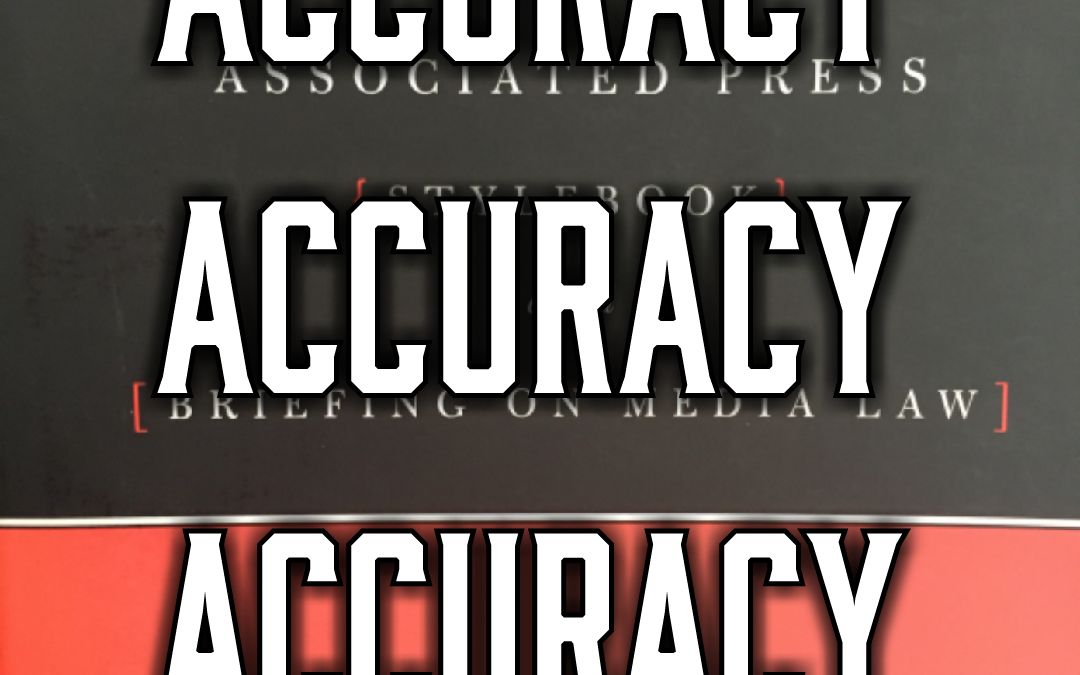When I began writing professionally nearly 30 years ago, I felt fortunate to work with experienced journalists. All believed that the first three rules of journalism were “accuracy, accuracy, accuracy.”
My editors also taught me some tricks of the trade: to vary my sentences and the way I described my subjects and invite the reader into the story. They insisted that I contact all sources and present the full story and added that the best writing came from rewriting.
I learned so much from my mentors and received praise from those whose stories I told. Many, including those in the entertainment industry, thanked me for being fair and accurate. They found my work refreshing.
Today, at a time when some writers lack the mentors I had and editorial directors choose stories based on broader appeal, I find the selection of stories presented in newspapers, on major newscasts, and in social media to be redundant and lacking detail, fairness, and complete accuracy. Too many agendas clog the road to the truth. The truth that we receive is often reduced to sound bytes, which don’t tell the whole story.
As a former journalist, I deplore the blanket condemnation of the media that seems so popular right now. Journalists are highly trained and well-educated individuals who report stories because they are passionate about them. Yet they work for editors and news organizations who may have biases that show up in the way the final story is presented. What choices do they have?
During the past ten years, I’ve been fortunate to travel to other continents, a number of countries, and many cities within the U.S. When I read a newspaper abroad, its content differs greatly from that of most domestic newspapers. The scope is broader, recognizing that we live in a world and not on an island unto itself. I used to watch “world news” on television, but now I find most of the news dwells on the U.S. One or two stories reveal what is actually happening elsewhere.
In my youth I recall my parents receiving two daily newspapers, morning and evening editions of different publications. My parents read these and shared the comics with me. As I grew older and learned to read, I began reading the same stories my parents read. I’ll admit that I did not understand some of them, but I developed the habit of becoming informed. I still choose to be informed, but I find information sorely lacking, unless I dig for more. Often I lack the time to do that.
As a writer, I choose to tell the whole story, even if it’s not the most popular one. I urge those who write to tell all sides of the story, vary your sentences, have fun writing, write and rewrite until you produce your best version, and most of all, be accurate and fair.

